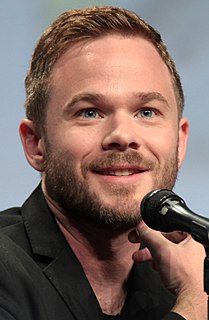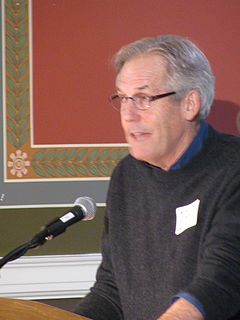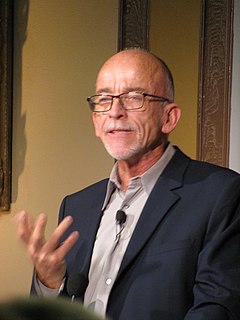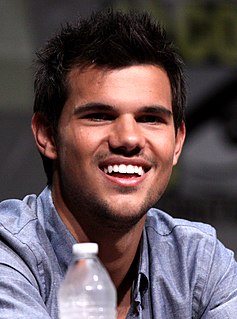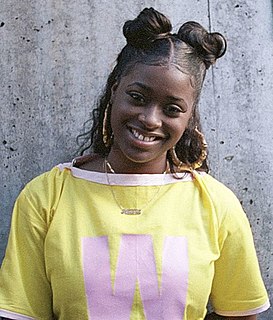A Quote by Marc Laidlaw
The first 'Half-Life' movie treatment pitched to us climaxed with a tearful reunion between enslaved Vortigaunts and their Vortiwives and children. The last one I saw had Black Mesa invaded by a cavalry unit, just so as to feature a scene of bullsquids tearing into armored horses.
Related Quotes
Everything we do on 'Luck' is absolutely no different than if we'd had been doing it in a feature film. There's no short cuts. The specificity of what every single line might mean. Everything Dustin Hoffman does. Kevin Dunn is as authentic in the last scene of the last episode as he is in the first scene of the first episode.
I had invited 50 or 60 peers and friends, most of whom were parents, to see the film [Trust], and I asked about the last scene. It was interesting because it was split right down the middle, 50/50. About half the audience wanted it to end with the very emotional scene between Clive and Liana, and that feeling of realization and catharsis. And, the other half were adamant about keeping that last scene.
It's so important to create roles and characters and projects that feature black people in a way that's not specifically targeted toward the niche market, which is, like, a black movie is created and it's produced and pitched so that only black people will watch it ... I want to see dynamic characters and roles that everyone wants to watch.
The poems in Helena Mesa’s virtuosic first book, Horse Dance Underwater, run with such speed, verve, and alacrity they leave you breathless, exhilarated, and transformed as if the purest kind of song had lifted you into the air. By this quickness of language finding lyric speech, Mesa’s poems remind us of art’s joyous and ecstatic effects.
I've begun to believe more and more that movies are all about transitions, that the key to making good movies is to pay attention to the transition between scenes. And not just how you get from one scene to the next, but where you leave a scene and where you come into a new scene. Those are some of the most important decisions that you make. It can be the difference between a movie that works and a movie that doesn't.
'Everything beautiful occurs when the body / is suspended,' Helena Mesa quotes a performance artist who hangs his own pierced body in the air. Mesa's poems are artfully suspended between lyric and narrative, between humans and animals, between Latin America and the U.S., between desire and the difficulty of its fulfillment. Horse Dance Underwater is an inventive, musical, and powerful debut.
Blacks were not enslaved because they were black but because they were available. Slavery has existed in the world for thousands of years. Whites enslaved other whites in Europe for centuries before the first black was brought to the Western hemisphere. Asians enslaved Europeans. Asians enslaved other Asians. Africans enslaved other Africans, and indeed even today in North Africa, blacks continue to enslave blacks.
And what do the Theban hoplites see in this extended rending of the sky, this white-bright glory of Enlil's lightning? The future, but not theirs: paired cavalry fighters; formed ranks of armored death; grim men on their tall horses with lightning limning weapons tailored to the task; men spoiling for a fight if the gods allowed - the Sacred Band of Stepsons, out from shadows and the dark.
We're gonna play a little bit of a game here [Person of Interest movie]. Greg and I felt like we had responsibility when we wrapped up the pilot, to have a roadmap for where the show went. When we pitched the pilot, we knew what we wanted the last episode to be, the last image, I think we even know what the last song is.
Like for 'Black Nails,' I just had black nails - and I never have black nails. It was my first and last time getting black nails. And that's so not normal for me. So when you're recording, you're up at the mic and you gotta name the file, so I just look down and I'm like, 'Black Nails!' That's literally what it was.
Our respect for the dead, when they are just dead, is something wonderful, and the way we show it more wonderful still. We show it with black feathers and black horses; we show it with black dresses and black heraldries; we show it with costly obelisks and sculptures of sorrow, which spoil half of our beautiful cathedrals. We show it with frightful gratings and vaults, and lids of dismal stone, in the midst of the quiet grass; and last, and not least, we show it by permitting ourselves to tell any number of falsehoods we think amiable or credible in the epitaph.

